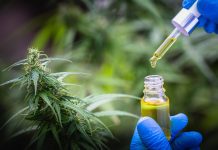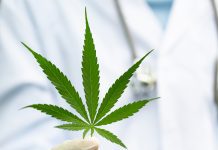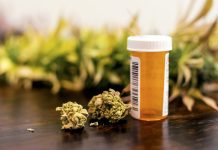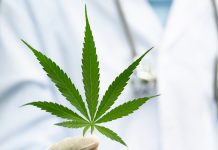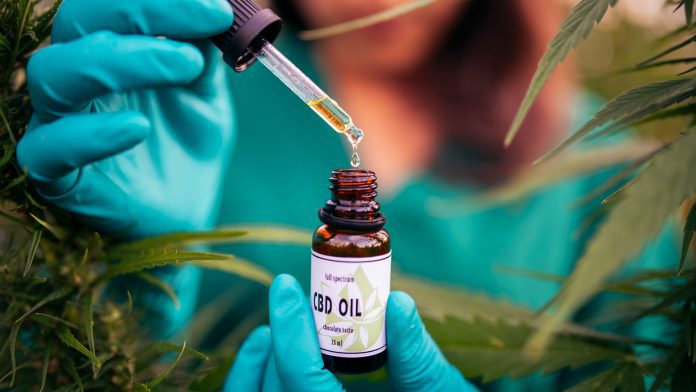
A research team from the University of Texas has demonstrated that the safe use of CBD and THC with opioids is possible.
What has this study revealed about the realities of using CBD and THC with opioids?
Lawrence Carey, PhD, and postdoctoral fellow at the University of Texas’ Health Science Centre, conducted an animal study that revealed the use of CBD and THC with opioids did not increase the risk of addiction. Thus, this suggests that these compounds may be a low-risk method to reduce the dose of opioids needed to relieve pain.
“There is intense interest in using medical marijuana in patients with chronic pain because compounds in marijuana like CBD and THC may produce pain relief themselves or enhance the pain-relieving effects of opioids,” explained Carey. “This means people could potentially use lower doses of opioids and still get relief from pain. Taking less pain medication could also lead to a lowered risk of addiction or physical dependence to opioids.”
How do the compounds interact?
Researchers discovered that using CBD and THC with opioids does not enhance the rewarding effects of opioids. This means that these compounds may not increase the risk for addiction when utilised in conjunction.
Carey presented this novel research at the American Society for Pharmacology and Experimental Therapeutics annual meeting during the Experimental Biology’s 2022 meeting, which was held 2-5 April 2022 in Philadelphia.
What was involved in this experiment?
Carey and his team gave rhesus monkeys the opportunity to choose a food reward or an injection of the opioid fentanyl. They then tested whether CBD, THC or mixtures containing both compounds impacted the number of times the monkeys selected fentanyl over food. They discovered that a wide range of doses of CBD or THC, both alone or in a mixture, did not increase or decrease the number of times they selected fentanyl.
“Giving the animals the opportunity to choose between a drug injection and a food reward helped us to somewhat replicate choices a human drug user may face, such as whether to spend money on drugs or food,” said Carey.
“Having the option of responding for food is also useful for studying drugs like THC that produce sedative effects. It helps demonstrate that the animal is reallocating behaviour from drug to food choice instead of simply shutting down response for a drug due to sedation.”
What are the next steps following this study?
Scientists are now conducting other studies to assess whether the use of CBD and THC with opioids can decrease signs of opioid withdrawal and relapse.
“A big reason why people continue to take opioids after they become addicted is the appearance of withdrawal symptoms,” concluded Carey. “We are using what we learned from this study to determine whether these doses — which did not alter choice for food or drug rewards — may help relieve opioid withdrawal or decrease relapse and drug-seeking behaviour following periods of abstinence.”
The researchers warn that opioid use disorder is a complex disease and there are many factors to consider when developing a drug to treat it. Although this study indicates that THC and CBD do not increase the rewarding effects of opioids, they stress that before applying these findings to people, it will be necessary to determine whether these treatments alter other pathological processes involved with opioid use and to understand any associated risks better.





